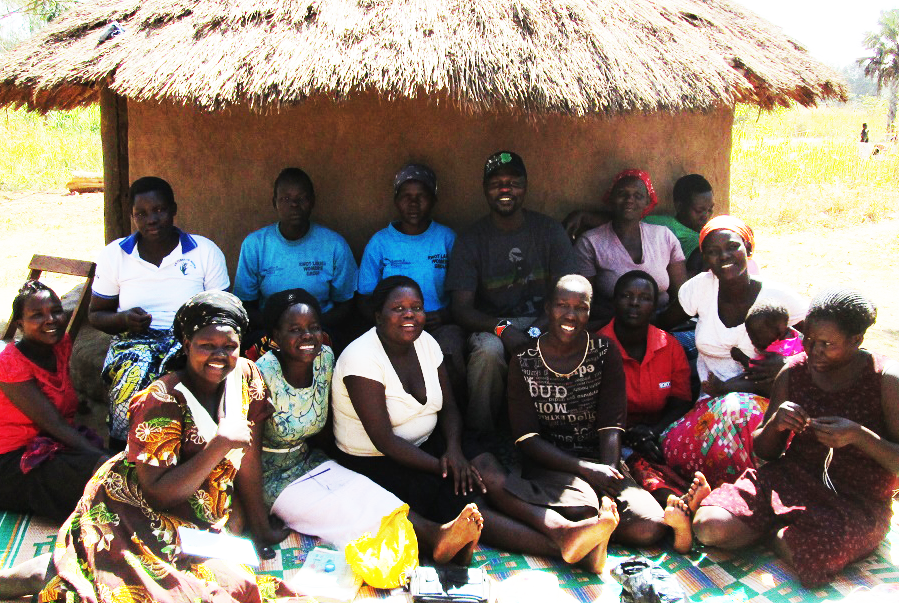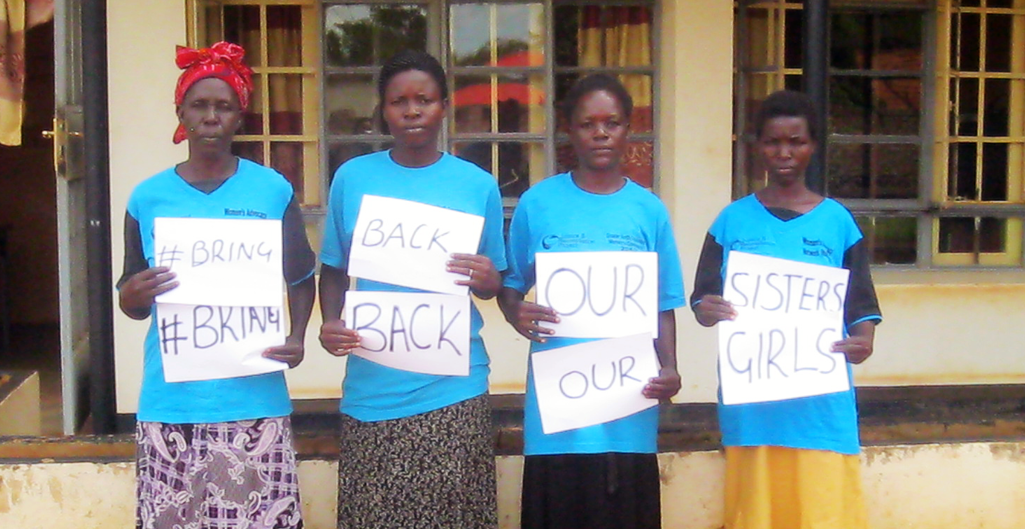
Since 2012, the Women’s Advocacy Network has worked to advocate for the inclusion of war-affected women’s reparations and accountability, to promote and respect of the rights of children born of war and to empower and build the capacity of its members to be more effective leaders. Last March, WAN successfully presented a petition to Parliament through the Uganda Women Parliamentarian’s Association seeking its intervention in addressing issues and challenges faced by war-affected women in the Acholi sub-region. That petition and others presented by other similar organisations working to provide redress for victims of the LRA insurgency were consolidated and resulted in a Parliamentary resolution on 9 April 2014.
In order to ensure that the resolutions adopted by Parliament are put into action, WAN and the Justice and Reconciliation Project are carrying out a campaign to ensure the inclusion of gender-just and age inclusive reparations in national policies and programmes in Uganda. As part of the campaign, WAN and JRP intend to meet policy-makers to ensure that interim measures will be set up to address the issues war-affected women and their children face as the Ugandan government works to implement Parliament’s resolution.
This May, WAN accompanied by staff from JRP’s Gender Justice team traveled to Kampala to meet with Delta Partnership, consultants brought on by the Office of the Prime Minister to assist with the third phase of Uganda’s Peace, Recovery and Development Plan. The objective of the meeting was to inform the consultants about the challenges faced by the war affected women and children of northern Uganda so that such needs and challenges are catered for in the design of the new PRDP and other government programmes. During the meeting, we discussed the priority of needs of war affected women that comprise WAN and that only being indicative but also reflective of the needs of other war-affected women based on assessment JRP carried out in April.
We also paid a courtesy call at Uganda Women’s Parliamentary Association and the Uganda Law Reform Commission to discuss how existing and upcoming programs can benefit war affected women and children of northern Uganda. We also requested for a meeting with the office of the Prime Minister to get involved in the campaign. During these visits, we also got leads on other gainful strategies for the petition follow up.
Stay tuned for updates on the progress of the WAN and JRP’s campaign to ensure gender just reparations in Uganda here.






